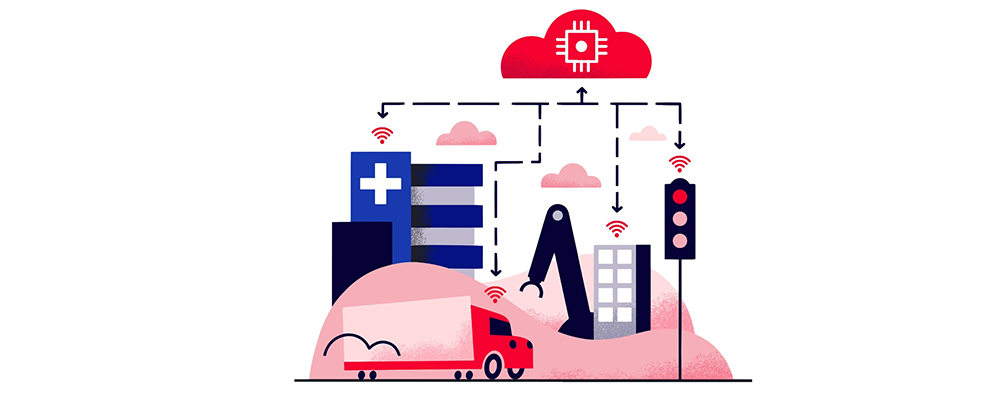Twilio’s new tools assist with communication in a pandemic and beyond
30 September 2020, by Ryan Daws

Twilio has announced its latest batch of tools to help enterprise developers build the solutions to communicate effectively with customers during a time when it’s needed more than ever.
The latest developer tools were announced at this year’s Twilio SIGNAL conference—which itself has been forced to be held virtually for the first time due to the pandemic.
COVID-19 has disrupted all of our lives, but we’re fortunately more prepared than ever to adapt thanks to increasing broadband availability and powerful new communication tools which help us to remain connected.
As a leading cloud communications platform, Twilio has witnessed a surge in demand over the past year—powering close to one trillion human interactions.
Jeff Lawson, CEO and co-founder of Twilio, says:
“Faced with an entirely new reality over the past six months, enterprises have been forced to accelerate their digital transformation plans to serve their customers.
Many are turning to Twilio because the platform delivers three things that have become immediately essential — digital engagement, software agility, and cloud-scale.
We’re excited to announce new products at SIGNAL that allow enterprises to build the solutions that will become the standard for customer engagement in the future.”
The first of Twilio’s new solutions is Video WebRTC Go.
According to Twilio’s research, 95 percent of businesses expect their company to find new ways to connect with customers due to COVID-19. The ability to connect using video became one of the most desirable forms of communication for companies.
While businesses rushed to support video communication in any way possible as COVID-19 spread, those companies are now looking to implement long-term solutions which provide a better experience for users.
WebRTC is one of the most exciting standards for real-time video communication, but it can be time-consuming and costly to set up the required infrastructure. Twilio Video WebRTC Go aims to eliminate the complexity and provide developers with a free toolkit for quickly setting up one-to-one video applications.
Twilio’s cloud contact centre, Flex, is expanding into a full ecosystem with over 30 solutions from the company’s partners including Google, Salesforce, Zendesk, and Calabrio.
More people are now working from home to connect with customers—often using their own devices. This has introduced privacy concerns while also making it difficult to keep track of communications with customers.
Twilio Frontline is a new mobile app which aims to tackle these issues by enabling field workers to safely engage with customers through their own devices. Communications to and from customers across channels including WhatsApp, SMS/MMS, and webchat – with more on the way – are routed through the app.